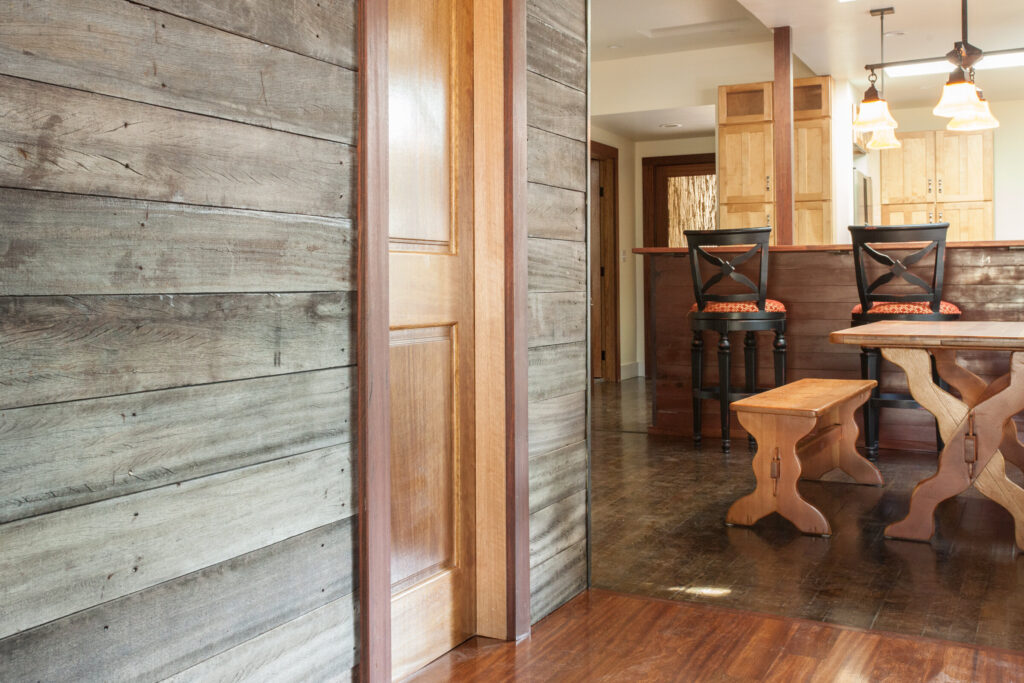Heating, ventilation, and air conditioning (HVAC) systems are essential to maintaining comfort in homes and workplaces. Whether you’re battling scorching summers or freezing winters, a reliable HVAC system keeps you comfortable no matter the season. But like all mechanical systems, HVAC systems require regular upkeep to ensure they perform efficiently and last for years to come.
Ignoring maintenance or delaying HVAC repair can lead to inefficiencies, higher energy costs, and even complete system failure. This blog dives into the pivotal role of timely maintenance and repair in HVAC systems, offering expert insights into keeping your system running smoothly.
Why HVAC Maintenance Matters
Regular maintenance of HVAC systems is more than just a best practice; it is an essential aspect of system longevity and efficiency. A well-maintained HVAC system operates more effectively, keeping your indoor environment comfortable and your energy bills in check. Here’s why maintenance is so crucial.
- Improved energy efficiency
Did you know that neglecting maintenance can cause your HVAC system to use up to 30% more energy? Dirty filters, clogged vents, and worn-out components force your system to work harder, consuming more electricity. Regular checkups ensure everything is clean and running at peak efficiency.
- Reduced repair costs
Minor issues can often escalate into costly problems if left unaddressed. A routine maintenance schedule helps detect and resolve small issues before they snowball into expensive repairs or replacements.
- Extended equipment lifespan
Just as regular health checkups can contribute to a healthier life, routine maintenance extends the lifespan of your HVAC system. Systems that are poorly maintained may only last 8 to 10 years, while those that are cared for can often function effectively for 15 years or more.
- Improved air quality
Over time, dust, mold, and other allergens can accumulate in HVAC systems, circulating through your indoor air. Maintenance keeps these contaminants out of your system, leading to cleaner, healthier indoor air.
The Consequences of Delaying HVAC Repair
When something in your HVAC system goes wrong, it’s tempting to delay repairs, especially if the issue seems minor. However, procrastination can result in a cascade of negative outcomes.
Increased energy bills
A malfunctioning HVAC system often loses efficiency. For instance, a faulty thermostat or a refrigerant leak can cause your system to run more frequently than necessary, leading to higher utility bills.
Reduced comfort
Imagine a heating system breaking down in the middle of winter or an air conditioner failing during a heatwave. Delayed repairs compromise your comfort and can make extreme weather unbearable.
Risk of complete system failure
Neglected problems can put undue strain on other components of your HVAC system. A small mechanical fault today could lead to a complete, costly breakdown tomorrow, requiring an expensive replacement.
Health hazards
Issues like refrigerant leaks or poor ventilation can compromise indoor air quality, leading to health problems such as respiratory issues, allergies, or even exposure to harmful chemicals.
Key Components That Require Regular Maintenance
To ensure your HVAC system performs optimally, here are some key components that should always be addressed during maintenance or HVAC repair.
1. Air filters
Air filters prevent dust, pollen, and other debris from entering your HVAC system. Over time, they can become clogged, restricting airflow and reducing efficiency. Check and replace air filters every one to three months.
2. Thermostat
Your thermostat acts as the control hub for the entire HVAC system. Faulty thermostats can compromise your system’s efficiency, resulting in incorrect temperatures or frequent short cycling.
3. Refrigerant levels
If your HVAC system is low on refrigerant, it cannot adequately cool your home during summer. Refrigerant leaks not only affect performance but can also pose safety hazards. Regular maintenance ensures refrigerant levels are optimal and safe.
4. Coils and fins
Condenser and evaporator coils can collect dirt and debris, reducing the system’s ability to absorb and release heat. Similarly, bent fins on the condenser can obstruct airflow. Cleaning and straightening these components are vital for smooth operation.
5. Air ducts and vents
Over time, debris and dust can build up in ductwork, restricting airflow and degrading air quality. Professional duct cleaning ensures optimal performance and healthy indoor air.
6. Fans and belts
Fans and belts help circulate air throughout your system. Worn-out belts or malfunctioning fans can significantly reduce the efficiency of your HVAC system and should be inspected regularly.
Tips for Scheduling Timely Maintenance and Repairs
Consistent maintenance and prompt HVAC repair don’t have to be overwhelming. Here’s how you can stay proactive.
1. Follow a routine maintenance schedule
Schedule professional inspections and tune-ups at least twice a year, ideally in spring and fall. This ensures your system is ready for peak summer and winter operations.
2. Don’t ignore warning signs
Unusual noises, inconsistent temperatures, and sudden increases in energy bills are all signs that your HVAC system may need repair. Address these issues immediately to avoid exacerbating the problem.
3. Partner with a reliable HVAC service provider
Choose a reputable HVAC company with experience in maintenance and repairs. Look for customer reviews and industry certifications to ensure quality service.
4. Take advantage of maintenance programs
Many HVAC service providers offer maintenance contracts that include seasonal tune-ups, priority repairs, and discounts on parts. These plans are a cost-effective way to keep your system in top shape.
5. Perform simple DIY tasks
While professionals handle the complex work, you can tackle basic tasks like changing air filters, cleaning registers, and keeping outdoor units clear of debris.
How to Choose the Right HVAC Repair Service
When you need HVAC repairs, choosing the right service provider can make all the difference. Here are some tips to help you make an informed decision.
- Check certifications and licenses
Ensure the technicians are certified and licensed to perform HVAC repair. Look for credentials like NATE (North American Technician Excellence) certification.
- Read reviews and testimonials
Customer feedback is a great way to gauge the reliability and quality of a service provider. Look for companies with consistently positive reviews.
- Ask about warranties
A trustworthy HVAC repair company should offer warranties on their work and parts, giving you peace of mind.
- Compare pricing
While cost shouldn’t be your sole determinant, compare quotes from multiple providers to ensure fair and transparent pricing.
Keep Your HVAC System in Top Shape
Your HVAC system is an investment that plays a critical role in maintaining the comfort and safety of your home or business. Regular maintenance and timely HVAC repair are essential to maximizing efficiency, reducing energy costs, and extending the life of your system. Don’t wait for minor issues to become major problems. Schedule your HVAC maintenance today and enjoy a system that works smoothly, no matter the weather outside.


